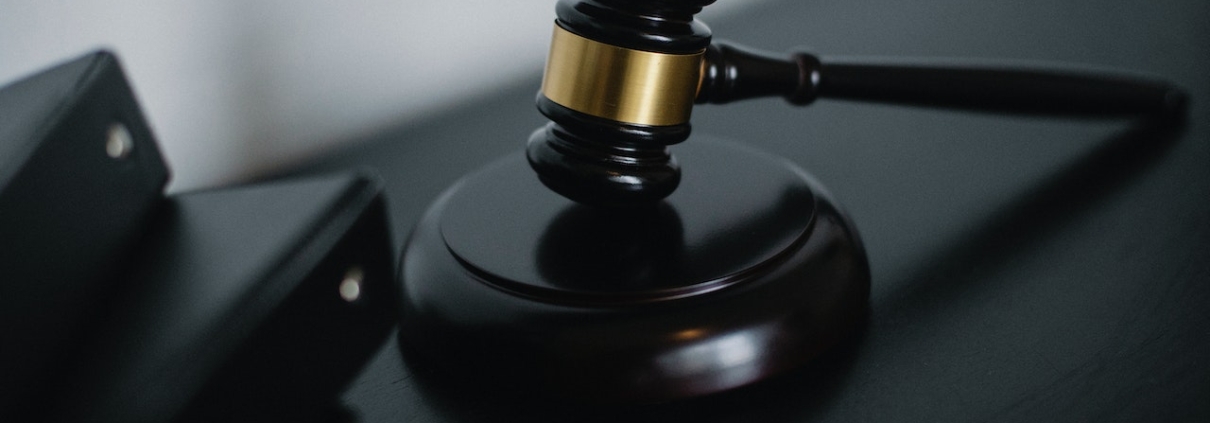The adoption and sustainability of digital therapeutics in justice systems: A pilot feasibility study
This study explored whether participants with substance use disorder (SUD) would adopt and use a smart-phone app with a cognitive behavioral therapy program, weekly Brief Addiction Monitor (BAM) assessments, daily check-ins, tools to track sobriety and treatment, and other patient-centered resources. In addition, participants with SUD could access a social worker and peer support specialists.
Methods
The study sought participants from two groups: those referred by a justice-related agency and participants who responded to outreach from the Addiction Policy Forum (APF). The Connections smart-phone app was offered to both groups. The study examined use of the app and social worker/peer recovery support services by participants who downloaded and used the app; those referred by a justice-related agency and those who self-referred through APF. The app provided primary data, including socio-demographics, referral status, dates of use, activities completed, and BAM scores.
Results
The app was offered to 1973 participants, 40% of whom downloaded it. Three groups emerged from among the 350 who used the app: those who used only the cognitive behavioral aspects of the app, those who used only the recovery support services offered, and those who used both the app and recovery support services. Looking at the two referral groups, the justice-referred group preferred telehealth recovery support services with the social worker; the self-referred group used the app and the app plus the recovery support services equally. Scores on the BAM improved across time. Justice-referred participants’ protective behaviors improved more than those of the self-referred participants while self-referred participants’ risk behaviors improved more than those of justice-referred participants. Older participants were more likely to use the app, and to report fewer risky behaviors, as measured by the BAM.
Conclusions
Use of a digital therapeutic appears to support recovery of participants with SUD although many clients need and want the integration of social worker-driven recovery support services. Basically, the app can be an extension to personal services, but many people with SUD (particularly during COVID-19) crave human interaction. It also appears that those who seek assistance on their own, rather than being referred by a justice-related agency, may be more likely to benefit from digital therapeutics such as the Connections app.
Judith A. Wilde, Kayla Zawislak, Ginnie Sawyer-Morris, Jessica Hulsey, Todd Molfenter, Faye S. Taxman, The adoption and sustainability of digital therapeutics in justice systems: A pilot feasibility study, International Journal of Drug Policy, Volume 116, 2023.








